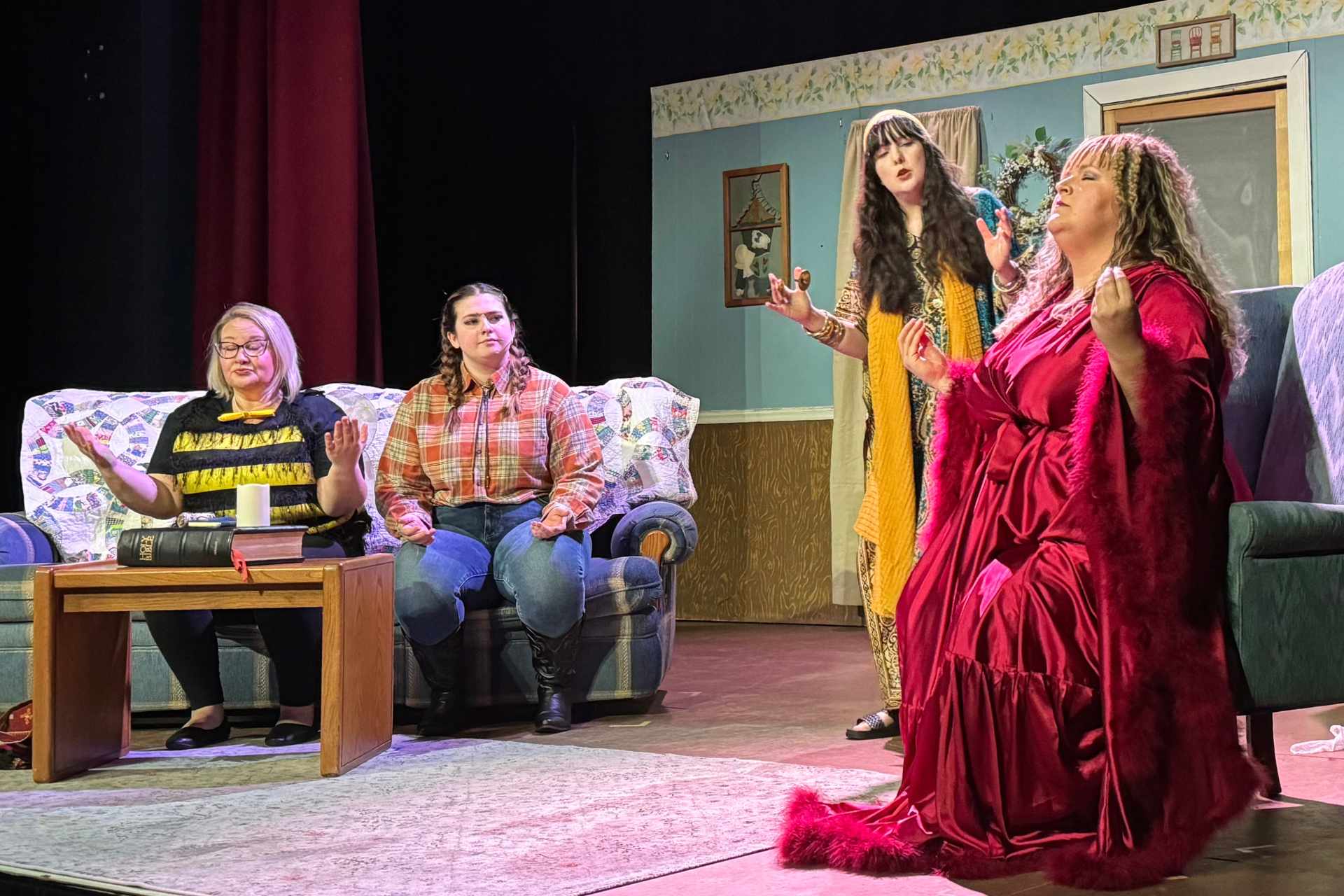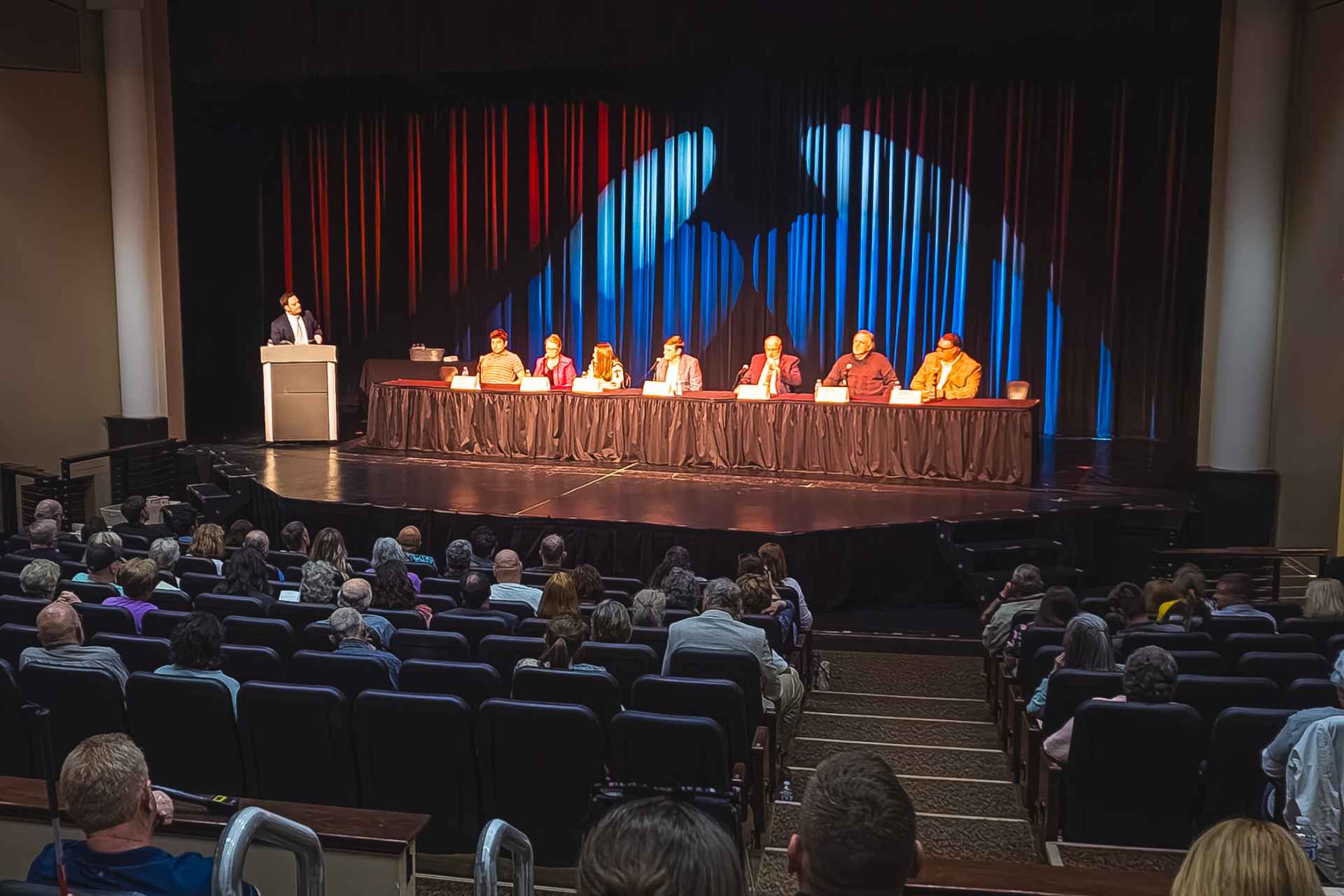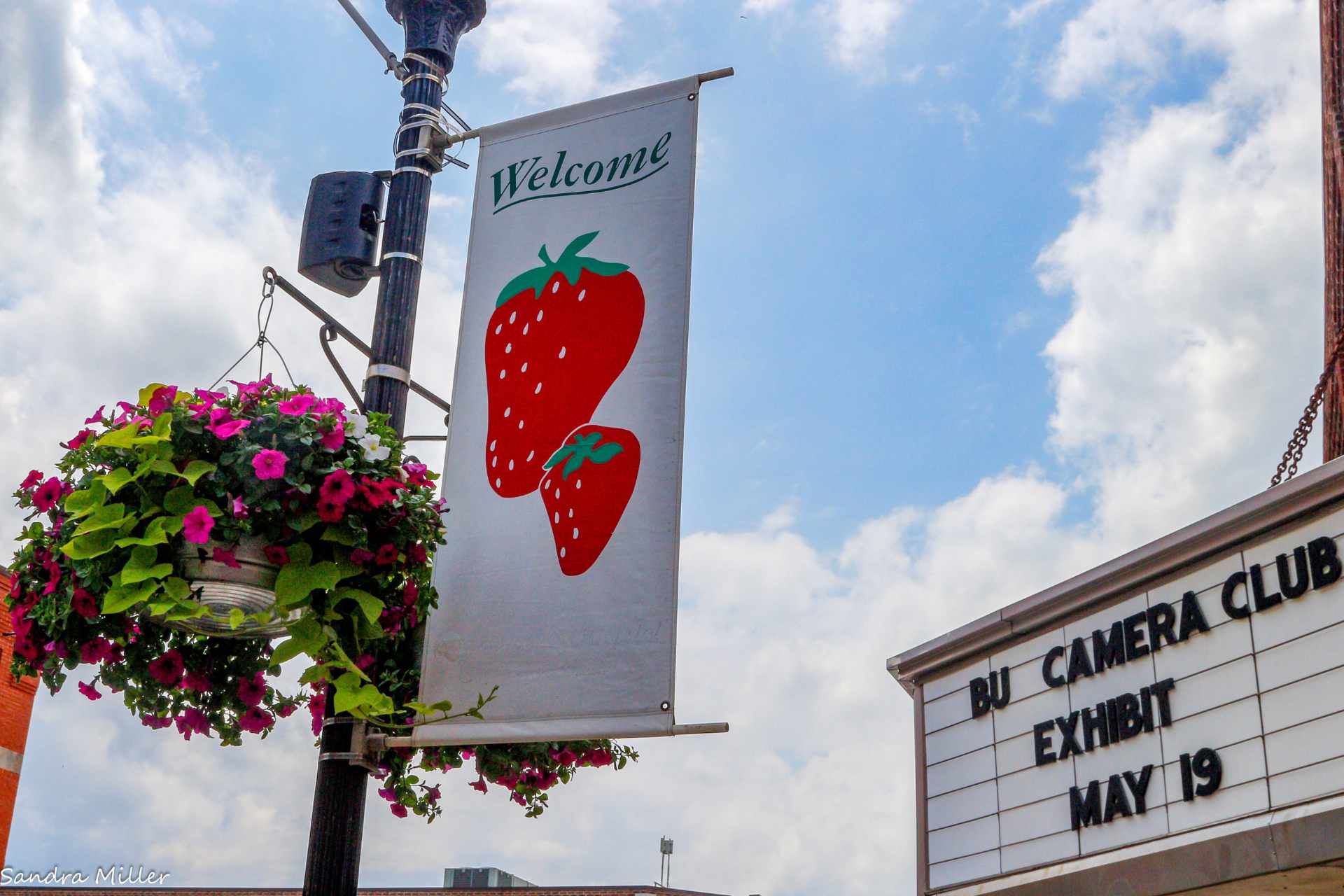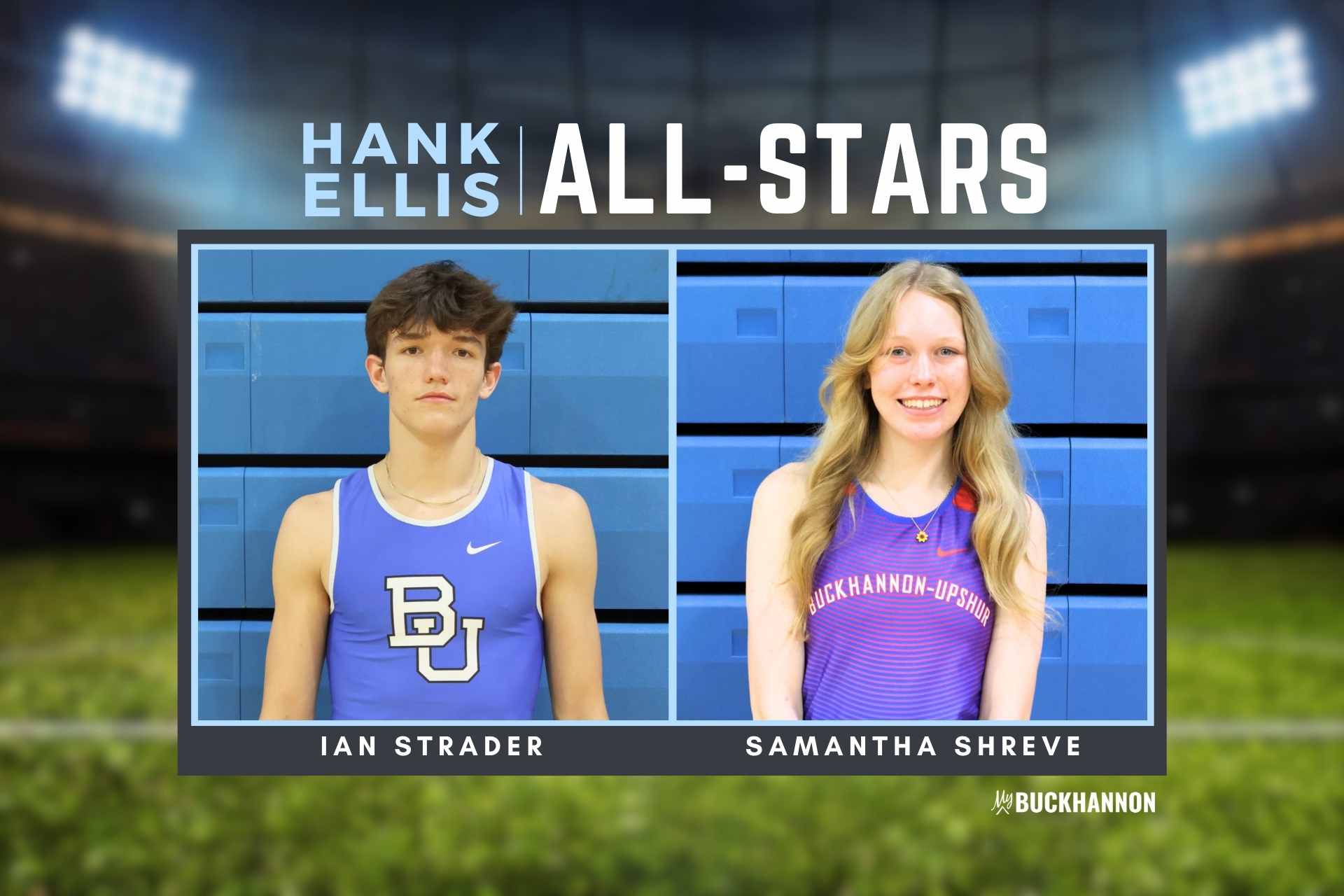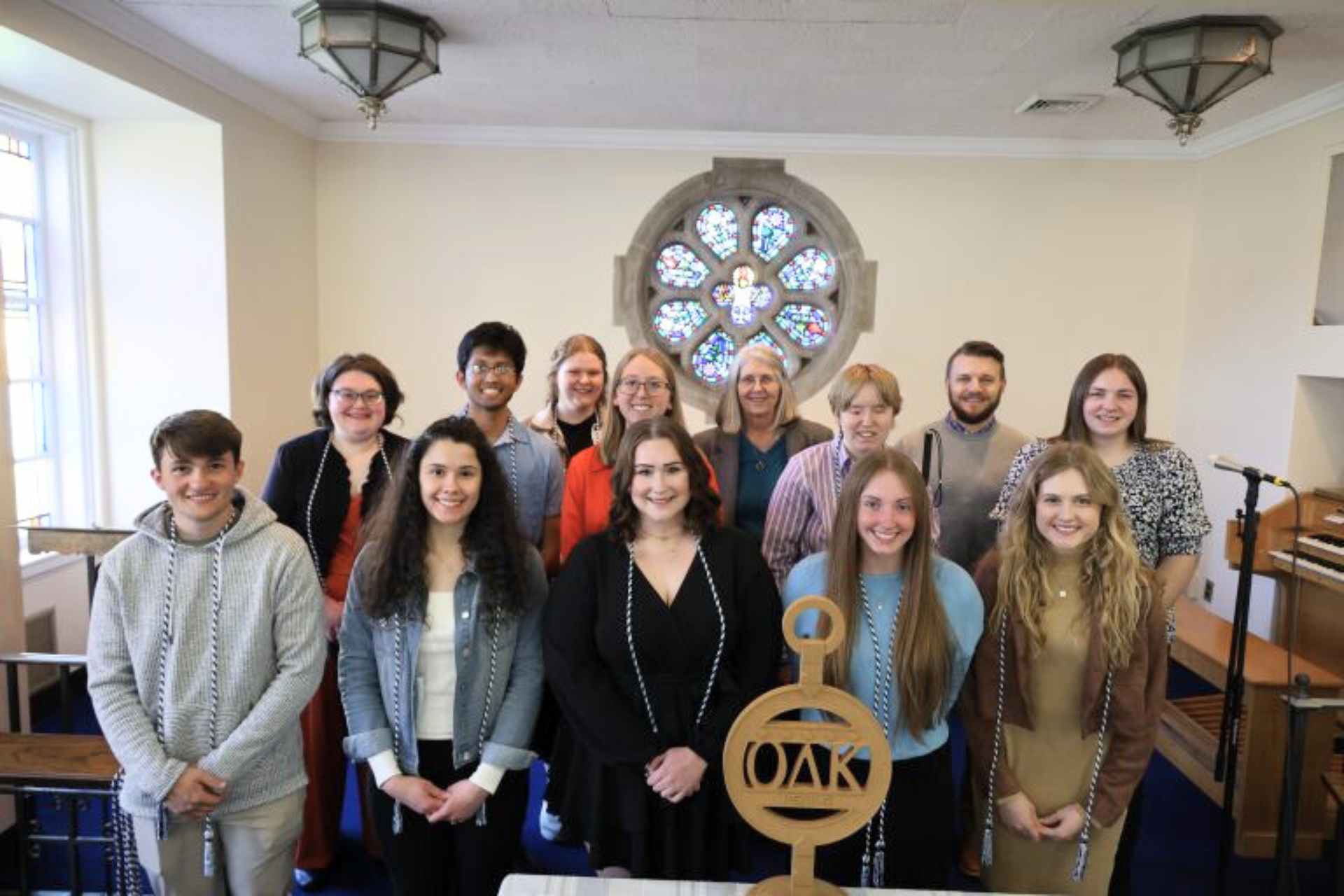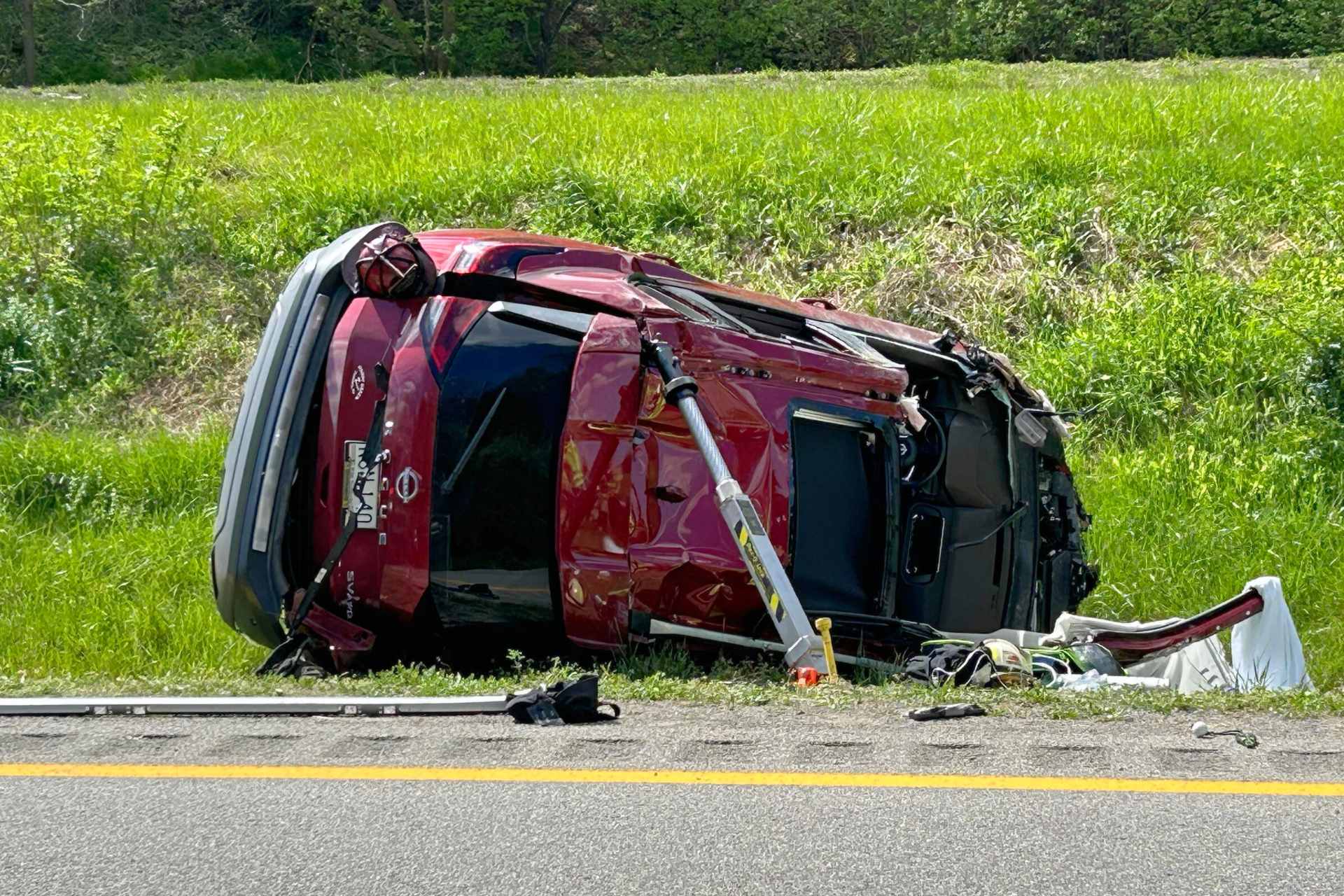TENNERTON – The Upshur County Public Library is taking precautions to offer the Summer Reading Program amid COVID-19 restrictions, all while inspiring the community to open a book and allow it to let them take a trip into another world.
With the theme ‘Imagine Your Story,’ the Summer Reading Program will take participants on a virtual journey that encompasses a variety of different paths. The program will run from Monday, June 1 until July 17.
To get involved, participants can follow a link that will be on the library’s website and Facebook page to register online at ucplwv.readsquared.com. Registration is pretty simple – in the upper right corner of the page, click the Register link, and register in one of three ways: either the adult or child can register themselves, a parent/guardian can register their entire family under one account, or someone can register an entire group of children (for example, a group of homeschoolers).
Participants will also need to download an app called ReadSquared, which is available on any type of digital device. (An important note: When registering, be sure to pick Upshur County, West Virginia instead of Upshur County, Texas.)
There are four individual programs for different approximate age ranges: pre-K (ages 0-5), Children (ages 6-11), Teen (ages 12-17) and Adult (ages 18 or older). For each group, there are different reading goals or missions; for example, games for the younger age groups.
“By completing each goal/mission or game, participants will earn points that can be redeemed for entry into various prize drawings to be held at the end of the reading program in July,” said Paul Norko, director of UCPL. “All of the programs encourage reading for various set amounts of time each week to complete their goals.”
As for the rewards themselves, kids’ prizes will be a mixture of books and toys, teen prizes will be mostly gift cards for local businesses, and the library is still working on the adult prizes.
“Some of the prizes are physical and will be mailed to the winners or available for pick-up at the library, others will be emailed, but please realize this process is one of the things delayed by COVID-19,” Norko said.
More details will be available on the UCPL’s website and Facebook pages when prizes are finalized.
Prize winners will be notified on July 20, but the date could be changed.
Typically, the program brings in 250-300 children of various ages and abilities to the local library each summer; however, due to current COVD-19 restrictions, many libraries in the state have chosen to offer the program virtually.
“One thing that I’m not sure many people who don’t work in a library realize is that we start planning Summer Reading programs around December or January each year, especially for a program with that many participants,” explained Norko. “We, along with every other library holding summer reading, have to purchase all the supplies, schedule any performers we’re inviting in, come up with all the activities, decide what we’re doing for prizes, and so on and so forth, and there are many internal conversations that are held over the course of the next few months to make sure everything runs smoothly and we fix any hiccups that happened during last year’s program, etc.”
One notable thing that happened due to COVID-19, Norko said, was that the West Virginia Library Commission negotiated access to ReadSquared for 96 libraries across the state, and UCPL was among the recipients. That access factored into the library’s decision.
“This only happened in early May, so some details for the program are still being actively worked on,” he added. “However, this year, Upshur County Public Library was forced to make major alterations to our normal Summer Reading Program several months after we had already planned our normal program due to COVID-19 restrictions.”
Though the library is unable to have large numbers of people enter the building at one time for many weeks – and probably won’t be able to host its large in-person events or summer wrap-up party – staff members are staying hopeful.
“We’re hopeful that by the middle of summer, we can start letting small family groups inside the building to browse the collection, but that is highly dependent on how things go with COVID-19 and any governmental or health-related restrictions that may be imposed,” said Norko. “Unfortunately, with that mid-summer timeframe, we’d miss the best time to hold summer reading.”
It’s important that the library holds the Summer Reading Program shortly after school has let out, but not so late in the summer that participants are distracted with summer activities, he added.
“So we made the decision to move it almost entirely online as a virtual program instead of trying to do some sort of hybrid model (for example, handing out weekly packets of paper with goals for that week that required participants to keep checking in at the library, etc.), which involves a lot of background work that would need to be done quickly, and we weren’t equipped to be able to do that model for the size of the program we typically have in that short of a time frame,” he said.
However, the one drawback Norko sees with this plan is that the digital program requires participants to have access to the internet.
“We realize that broadband access is an issue in Upshur County, but everyone is welcome to come use our WiFi connection if needed,” he said. “I do wish there was another way to get around the must-have-internet restriction, but we couldn’t come up with a good way.”
Though the program will not be offered as it was in previous forms in summers past, Nork still strongly encourages community residents to take advantage of this year’s virtual program.
“The biggest reason for participating is to encourage everyone – and not just kids – to enjoy reading. However, for school-age children, it’s extremely important, especially this year with the early dismissal of school, to prevent what we call the ‘summer slide’ in terms of reading ability and comprehension levels,” Norko said.
“Studies have shown that without regular encouragement to read and learn, students do much worse in reading ability and comprehension when they come back to school in the fall with no participation in a summer reading program,” he added.






